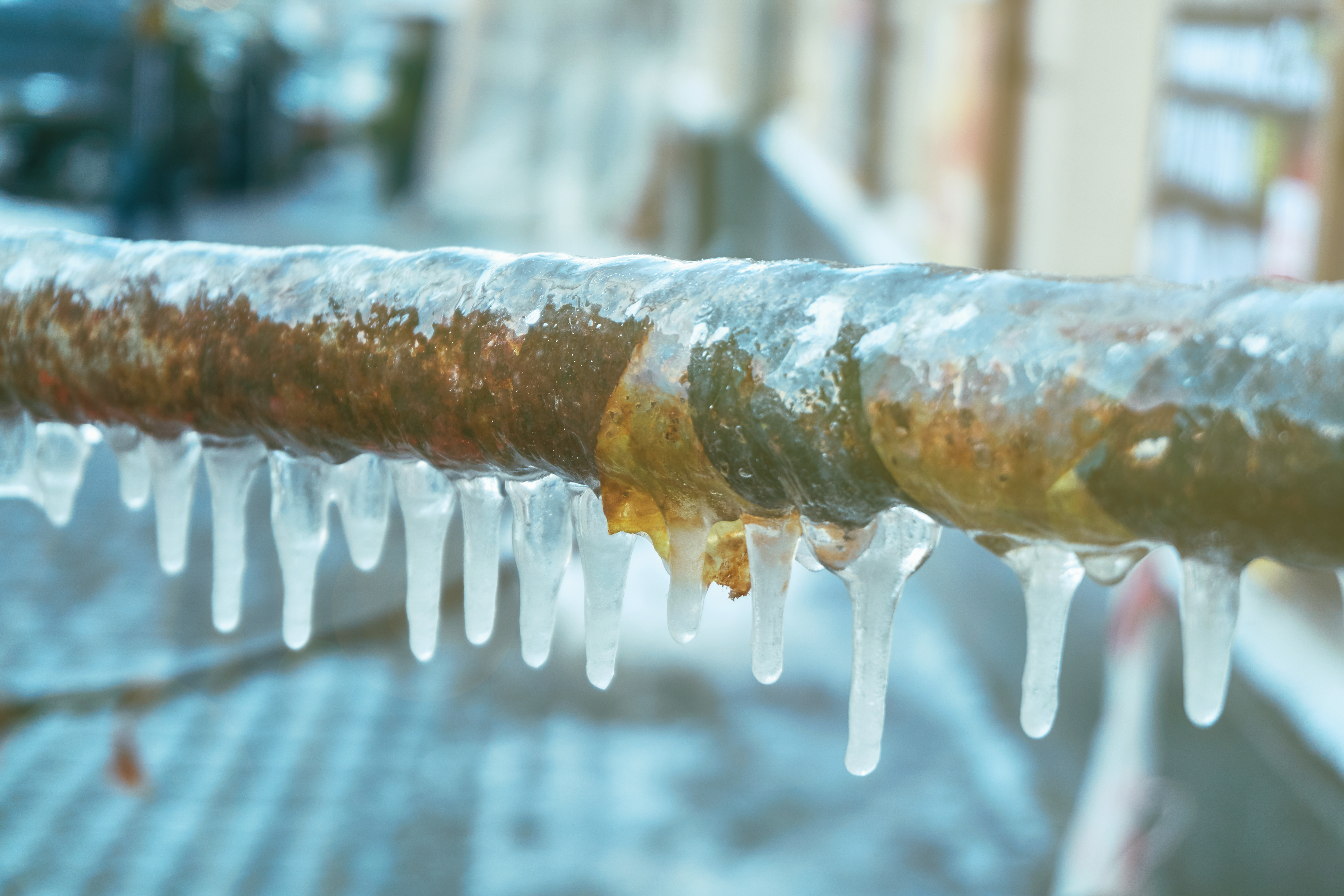
“If you suspect the pipes are frozen, be careful when thawing them out because if the pipe has already burst, the water will come flowing out and flood your home,” says John Galeotafiore, who oversees Consumer Reports’ testing of home products and power gear.

If you turn on a faucet and only a trickle comes out, you may well have a frozen pipe. And to prevent drafts, seal cracks and openings around windows, doors, and at sill plates, where the house rests on its foundation. Insulation will maintain higher temperatures in those areas. If you plan to be away during cold weather, leave the heat on in your home, set to a temperature no lower than 55° F.įor the long term, add insulation to attics, basements, and crawl spaces. Again, during a cold snap is not the time to set back the thermostat at night to save a few bucks on your heating bill. Keep the thermostat set to the same temperature during day and night. Running water through the pipe-even at a trickle-helps prevent pipes from freezing. Let the cold water drip from a faucet served by exposed pipes. (If you have small children, be sure to remove any harmful cleaners and household chemicals.) Open kitchen and bathroom cabinet doors to allow warmer air to circulate around the plumbing, especially if your sinks are on an exterior wall. Keep garage doors closed, especially if there are water supply lines in the garage.
Freeze pipe how to#
“So for not much more than the cost of the aspirin you’d need, you can avoid the headaches of cleanup, loss of precious keepsakes, and the cost of your insurance deductible.” Use the pipe insulation liberally to protect any vulnerable pipes.īoth the IBHS and the American Red Cross, which is in the business of emergency preparedness, have useful advice on how to prevent your pipes from freezing, as well as how to thaw them if they do. “Pipe insulation can cost as little as 50 cents per linear foot at your local hardware store,” says Susan Millerick, IBHS spokeswoman. The good news is there are some simple things you can do to keep your water running and your house dry. But even pipes running through cabinets or exterior walls can freeze. The pipes most at risk are those in unheated interior spaces such as basements, attics, and garages.

In fact, burst pipes are one of the most common causes of property damage during frigid weather and can cause thousands in water damage-easily $5,000 or more, according to the Insurance Institute for Business and Home Safety (PDF).

When temperatures plummet, the risk of your pipes freezing and bursting skyrockets.


 0 kommentar(er)
0 kommentar(er)
